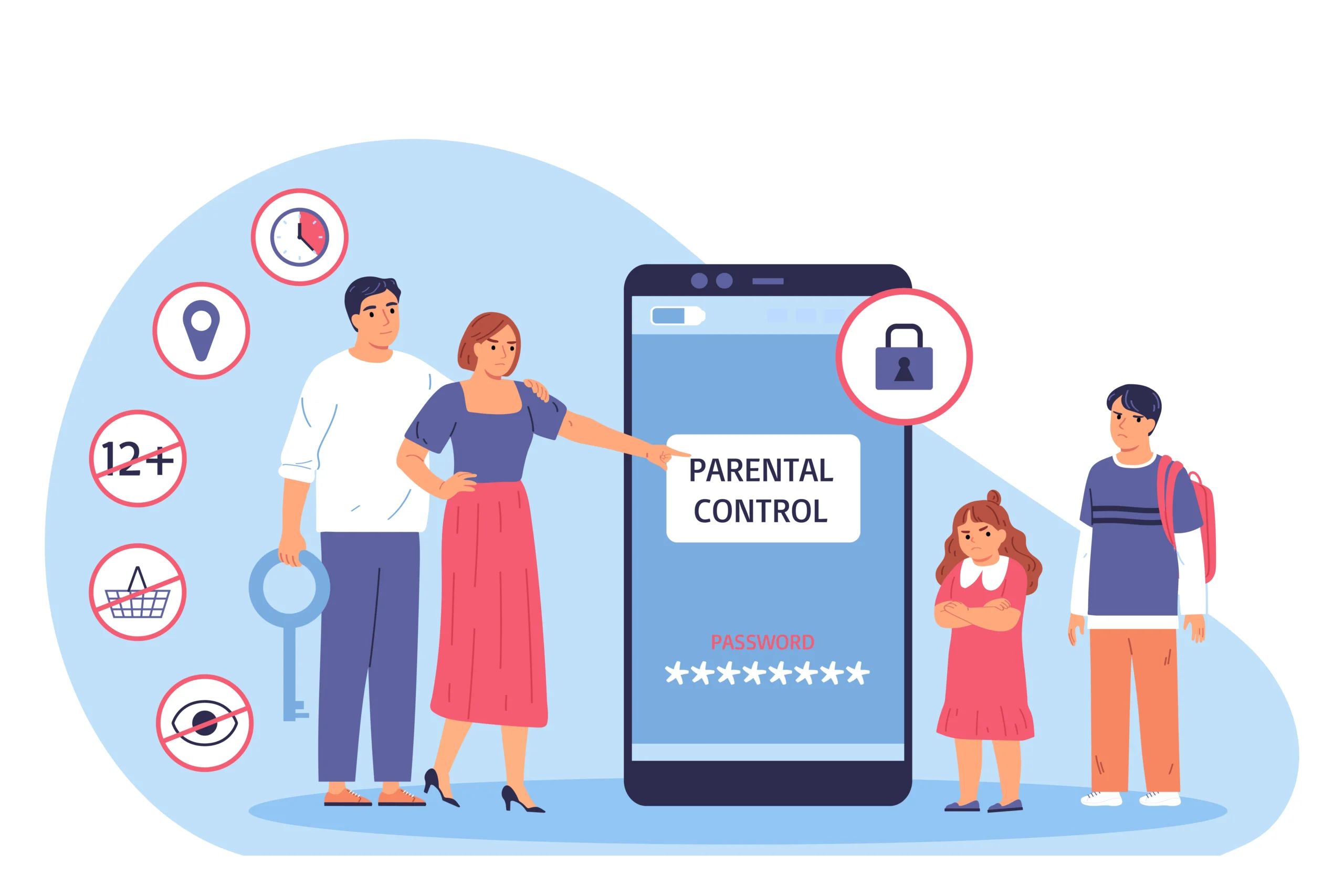Introduction
Parental involvement and support play a pivotal role in shaping a student’s educational experience and academic success. As educational institutions and parents alike strive to enhance student outcomes, understanding the various dimensions of parental engagement becomes essential. This article delves into how parental involvement influences student success, the different forms of support parents can provide, and the long-term benefits of active parental participation in education.
The Importance of Parental Involvement
Parental involvement encompasses a wide range of activities and interactions that contribute to a student’s educational development. Research consistently shows that students whose parents are actively engaged in their education tend to perform better academically. This involvement can take various forms, including direct participation in school activities, supportive behaviors at home, and fostering a positive attitude towards learning.
Academic Performance and Parental Engagement
One of the most significant impacts of parental involvement is on academic performance. Studies have demonstrated that children with engaged parents often achieve higher grades, score better on standardized tests, and exhibit greater enthusiasm for learning. When parents take an active interest in their child’s education, whether through helping with homework or attending parent-teacher conferences, it reinforces the importance of education and motivates students to excel.
Behavioral and Emotional Support
Beyond academics, parental involvement also affects students’ behavioral and emotional well-being. Supportive parents can provide a stable environment that fosters positive behavior and reduces anxiety. When parents are involved, students are more likely to feel secure and confident, which contributes to better classroom behavior and reduced behavioral issues. Emotional support from parents also helps students develop resilience and coping skills, essential for navigating the challenges of both school and life.
Forms of Parental Support
Parental support can manifest in various forms, each contributing uniquely to a student’s success. Understanding these different forms helps parents identify the most effective ways to engage with their child’s education.
Direct Engagement in School Activities
Direct involvement in school activities includes attending parent-teacher conferences, volunteering at school events, and participating in school governance. When parents are present at school, they build stronger relationships with teachers and administrators, which can lead to better communication and collaboration. This direct involvement also demonstrates to students that their education is valued and supported.
Home-Based Support
Home-based support includes activities such as providing a conducive study environment, helping with homework, and encouraging reading and learning at home. Creating a structured routine and offering guidance on academic tasks helps students stay organized and focused. Additionally, parents who engage in discussions about school and learning topics reinforce the importance of education and can provide additional resources or assistance.
Emotional and Psychological Support
Emotional and psychological support involves offering encouragement, listening to students’ concerns, and helping them manage stress. Parents who show empathy and understanding create a supportive atmosphere where students feel comfortable discussing their challenges. This support can improve students’ self-esteem and motivation, making them more resilient in the face of academic pressures.
The Long-Term Benefits of Parental Involvement
The effects of parental involvement extend beyond immediate academic performance and behavior. Long-term benefits include higher levels of educational attainment, better career opportunities, and improved social skills.
Educational Attainment
Students with involved parents are more likely to pursue higher education and achieve advanced degrees. Parental encouragement and support can foster a positive attitude towards learning and academic achievement, leading students to set and achieve higher educational goals. This educational attainment can open doors to better career opportunities and financial stability.
Career Success
The skills and values instilled through parental involvement often translate into career success. Students who receive consistent support and encouragement are more likely to develop strong work habits, problem-solving skills, and a positive work ethic. These attributes contribute to professional success and advancement in the workforce.
Social and Emotional Skills
Parental involvement also influences the development of social and emotional skills. Students who receive support and guidance from their parents are better equipped to build relationships, communicate effectively, and handle interpersonal conflicts. These skills are crucial for personal and professional success and contribute to overall well-being.
Challenges and Barriers to Parental Involvement
While parental involvement has numerous benefits, there are challenges and barriers that can impact parents’ ability to engage in their child’s education. Recognizing these challenges is essential for finding solutions and improving parental engagement.
Time Constraints
Busy work schedules and other commitments can limit the amount of time parents have to devote to their child’s education. Finding a balance between work, family responsibilities, and school involvement can be challenging. Schools and communities can help by offering flexible opportunities for parental engagement and providing resources to support working parents.
Lack of Resources
Some families may face financial or resource-related barriers that affect their ability to participate in school activities. Schools can address this by providing access to resources, such as after-school programs or support services, to ensure that all students have equal opportunities for success.
Communication Gaps
Effective communication between parents and schools is crucial for successful parental involvement. However, language barriers, lack of information, or inadequate communication channels can hinder engagement. Schools should work to improve communication by offering multilingual resources and ensuring that parents have access to relevant information about their child’s education.
Conclusion
Parental involvement and support are integral to student success, impacting academic performance, behavior, and overall development. By actively participating in their child’s education, parents can foster a positive learning environment, enhance academic achievement, and support emotional well-being. Despite the challenges and barriers that may arise, finding ways to engage in your child’s education can lead to long-term benefits, including higher educational attainment, career success, and improved social skills. Schools, communities, and parents must work together to overcome obstacles and create opportunities for meaningful involvement, ultimately contributing to the success and well-being of students.



